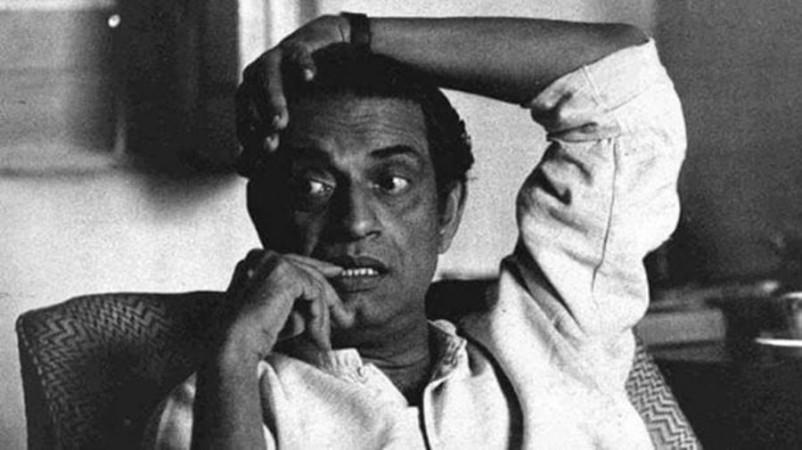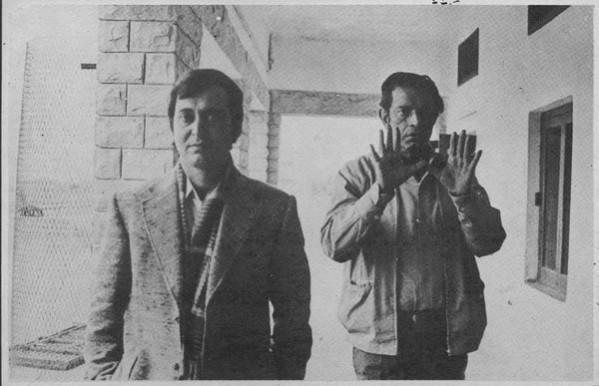It's the 100th birth anniversary of Oscar award-winning director Satyajit Ray, who is considered to be the cultural icon, an auteur of Indian cinema. At a time when all eyes are on Bengal, let's revisit an interview of Satyajit Ray that was published in the year 1970. This interview had been originally published in Kolkata [Calcutta].
When asked if he had ever actively participated in politics or worked with the political party he had said, "No. Although most of my friends are left minded, I've become disillusioned with politics and don't think about such things any longer. Now I've almost stopped discussing politics, even reading newspapers. I take account of the man; I don't care about his politics. Having a political consciousness can also mean having a consciousness of the failure of politicians, just as our Indian politicians are failing now. I find politicians and their game of politics extremely dishonest and puerile. They change colours like chameleons; it's difficult to keep pace with them. Besides the brain has a rather limited number of compartments, and I have no vacant compartment to take in all that's happening."

When asked if political involvement can mess with creativity, Ray said," It has happened-take the filmmakers in the Soviet Union. Whenever they try to make films about modern society, their work becomes simplistic and two-dimensional. At the same time, they make very good films based on their older literature. Even the filmmakers themselves feel constricted. At the Moscow Film Festival, Chukrai told me that he didn't make a film for seven years after he made The Ballad of a Soldier, because about eighty of his scripts had been disapproved; he sat in a studio watching other people work. And Mark Donskoi asked me: "What do you think about our films?..Why don't you say they are all rubbish?"
In the year 1970, the political situation had gradually changed. According to the interviewer, before independence, most of them were committed to getting freedom from the colonials, but later the situation became more complex when Bengal faced great disturbances, war, famine, the communal riots, and basically the country had been divided. Commenting on the situation, Satyajit Ray said, "That was true for a time. I remember the years of the war when I had just come to Calcutta and started working. We were eager to see any Soviet film that was shown. I was so passionately interested in the cinema that I could not consider politics apart from the film.
"Of course, I was concerned about what was happening, but I had meanwhile "lost" myself in a number of art forms. Personally and artistically this was a crucial period for me-I was involved not only in the cinema, but in music and publishing as well," he had continued.

While talking about the student's participation in the revolution, Ray said, "It has no shape. So many things are involved. There is a great distance between me and the present generation; given the environment in which I grew up, it is difficult to understand them. They are against art."
"As an artist, I only want an environment in which I will be free to work as I like. I have no other opinions." But was he left inclined at all like many of us thought of him to be? He had clarified his stance with an answer there too.
"And at the same time many have said that I upheld feudalism in Jalsaghar (The Music Room)- that since I didn't condemn feudalism in that film, I was sympathetic. People also complain that I have never treated a really contemporary subject, the sufferings, poverty, and struggles of today. But I want to show, not just single aspects of our life today, like contemporary politics, but a broader view of Indian history, which has not been explored properly in the cinema."









